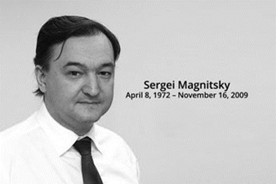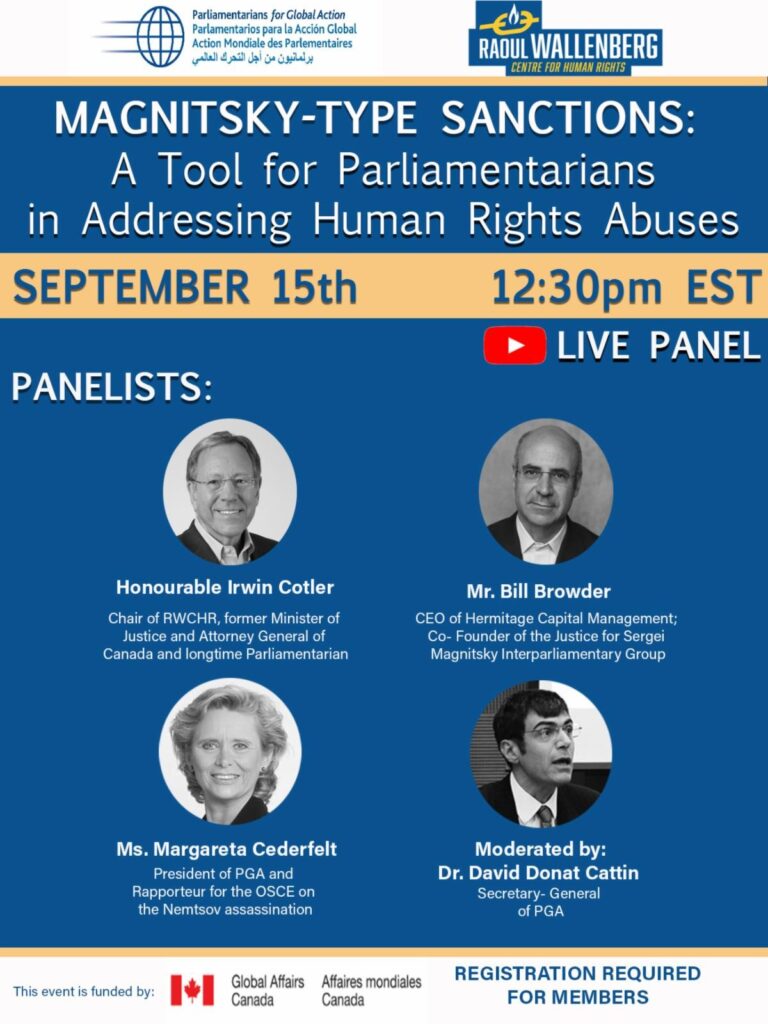
Alexei Navalny. Credit: Wikimedia
In a bipartisan initiative, U.S. Senators Ben Cardin (D-MD), Roger Wicker (R-MS), Dick Durbin (D-IL), Mitt Romney (R-UT), Chris Coons (D-DE), and Marco Rubio (R-FL) this week called on the Administration to implement new sanctions on Russia for the poisoning of leading opposition figure Alexei Navalny.
In a letter to Secretary of State Mike Pompeo and Secretary of the Treasury Steven Mnuchin, the senators urge the use of the Sergei Magnitsky Rule of Law Accountability Act, the Global Magnitsky Human Rights Accountability Act, and/or the Chemical and Biological Weapons Control and Warfare Elimination Act to underscore the reprehensibility of Navalny’s poisoning and to deter future attacks.
“Mr. Navalny is currently the most prominent critic of Vladimir Putin operating in Russia,” the senators write. “He and his Anti-Corruption Foundation have acted as the conscience of Russia at a time of rampant official corruption at the pinnacle of the Russian state. Mr. Navalny’s investigations of senior Russian officials have inspired a generation of young Russians to imagine a country that is governed by the rule of law and where the ordinary citizen has a voice.”

Credit ESI
Looking ahead to a potential new administration, two camps have arisen on the future of Russia sanctions, notes Edward Fishman, a former member of the U.S. State Department’s Policy Planning Staff, a nonresident senior fellow at the Atlantic Council and an adjunct fellow at the Center for a New American Security:
- One camp, made up of experts who favor closer U.S.-Russian ties, calls for a more judicious use of sanctions. While well intentioned, this camp advocates for something that just doesn’t exist — narrowly targeted sanctions that can affect Russia’s calculus. In truth, the only types of sanctions that can achieve that end are ones that target major sectors of Russia’s economy, such as banking, energy, mining, and defense. Sanctions involve tradeoffs — there are downsides to imposing sanctions on economically significant industries, including the possibility of upsetting certain European governments and business interests. But absent targeting those sectors, sanctions simply will not be forceful enough to influence the Kremlin’s policies.
- The second camp, made up of Russia hawks, champions a spasm of sanctions, indiscriminately targeting Russia with economic pain in response to the Kremlin’s various misdeeds. The problem with this approach is that it would be no more effective than the Trump administration’s “maximum pressure” campaign against Iran: It may produce economic damage, but it’s unlikely to change Moscow’s behavior for the better. More probably, it will persuade Russia that the United States has no interest in relieving any sanctions, and that the only purpose of the measures is to weaken Russia.
But the next U.S. administration need not choose between waving the white flag and battering Russia with every last sanction it can muster, Fishman writes for War On The Rocks. Sanctions can and should serve as a critical source of U.S. leverage in its relations with Russia. RTWT








